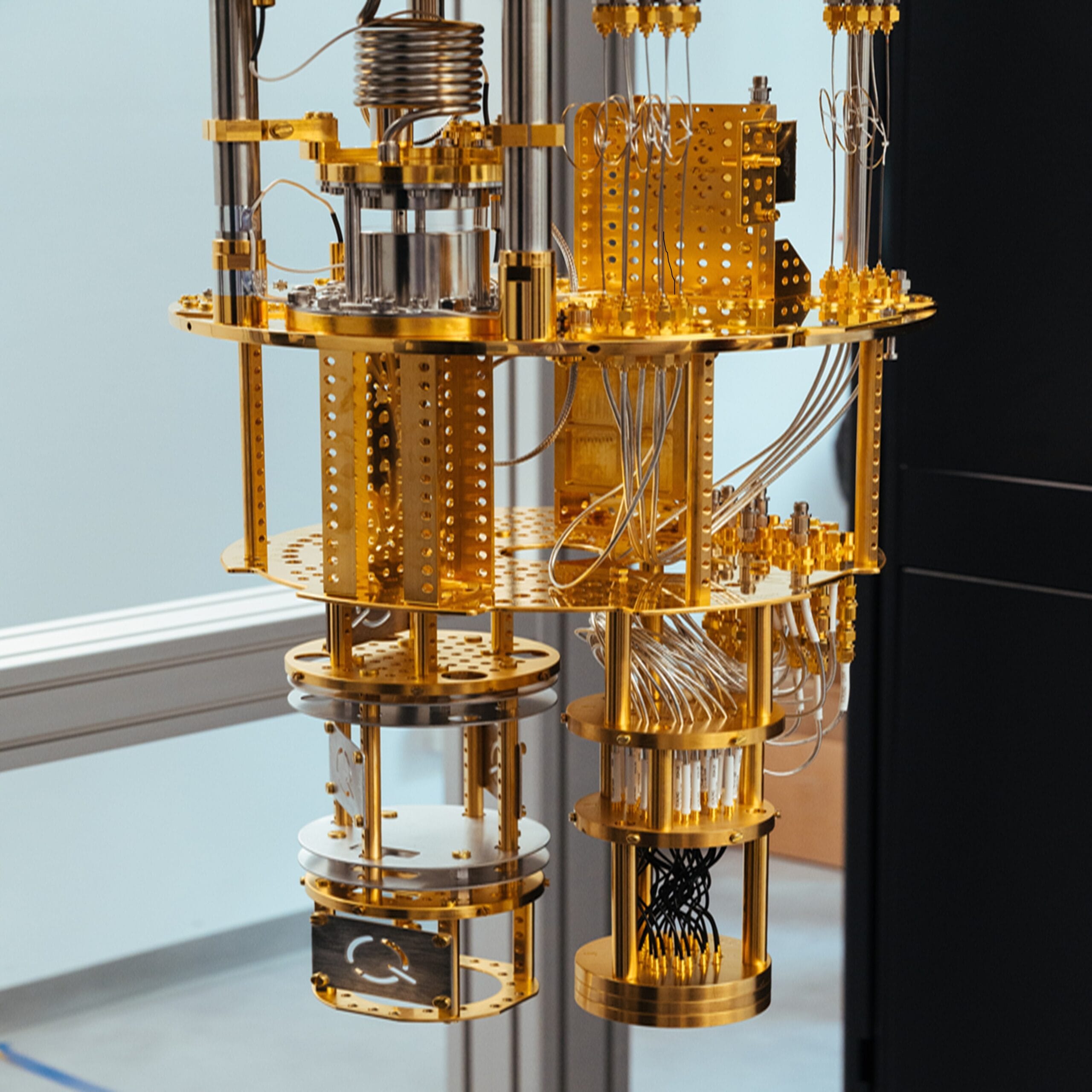European Quantum Computing Race Accelerates With Rare Five-Qubit System
Turin activates a cutting-edge quantum computer, propelling Europe's quantum capabilities. Emerging tech drives research in cryptography, cybersecurity and modern business.

A groundbreaking five-qubit quantum computer has been activated in Turin, marking Italy’s entry into an elite group of nations with operational quantum computing facilities. This milestone reflects Europe’s growing quantum capabilities, as the continent seeks to establish itself as a global leader in quantum technology development.
Advancing European Quantum Infrastructure
The system, one of only 12 such installations worldwide, represents a collaboration between Politecnico di Torino, Fondazione LINKS and INRiM (National Institute of Metrological Research). Operating at temperatures near absolute zero, the computer promises to advance research across multiple sectors including cryptography, cybersecurity and quantum computing applications in modern business.
We do news. We don’t do cookies.
Our website does not collect, store, or share any user data. If you enjoy our content and value your privacy, consider supporting us.
‘The goal of our Polytechnic ecosystem is to create a first hub where academia and innovation centres work together, making this technology usable and exportable to industry activities towards society’, explains Stefano Corgnati, Rector of the Politecnico.
Market Growth and Strategic Development
The installation coincides with significant European quantum computing developments in 2025, as the European Commission prepares both a comprehensive Quantum Strategy and Quantum Act. The global quantum technology market is projected to reach $1.88 billion this year, representing a 27.3% increase from 2024.
This advancement comes as Europe intensifies efforts to build its technological capabilities and digital sovereignty. The Turin facility’s quantum computer operates at approximately 20 millikelvin – roughly 1/100 of deep space temperature – essential for maintaining quantum coherence. The system occupies 4 square metres and stands 3 metres tall, protected by specialised shielding against vibrations and electromagnetic interference.
Research and Industry Impact
Pietro Asinari, President of INRiM, emphasises their focus on measurement innovation: ‘INRiM is committed to developing innovative measurement tools to improve the performance of superconducting qubits. Despite significant progress, these systems are still limited by errors and loss of coherence.’
The initiative has already attracted substantial interest from regional industry leaders and reflects growing academic engagement, with over 60 students participating in quantum computing programmes at Politecnico di Torino since 2023. This surge in quantum education addresses the widening quantum skills gap in the global workforce.
Future Outlook
This development positions Turin as a potential quantum technology hub, particularly significant as Europe currently lags behind the United States in quantum-related intellectual property, according to recent patent analyses. The on-site quantum computer enables direct access to quantum computing capabilities without relying on remote systems or simulators, potentially accelerating research and development in the field.
As quantum computing continues to evolve alongside traditional high-performance computing systems like exascale supercomputers, the Turin installation represents a crucial step in establishing Europe’s position in the global quantum computing landscape.